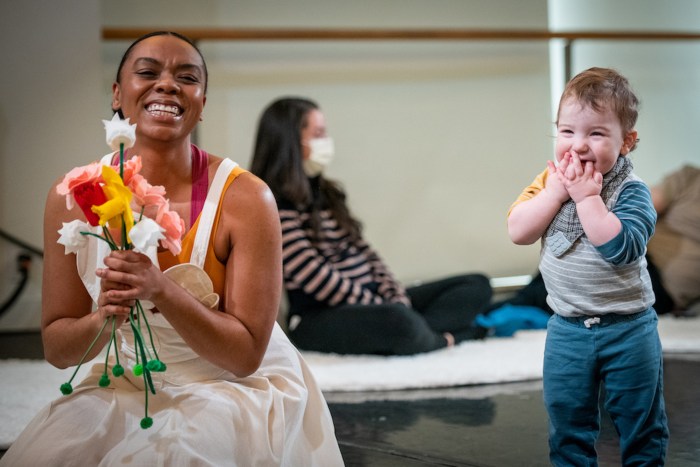DUBLIN (Reuters) – Ireland celebrated St. Patrick’s Day with packed parades through its towns and cities for the first time in three years on Thursday, celebrations its battered tourism sector hopes will begin a long road to recovery.
The national holiday traditionally kicked off the tourism season before COVID-19 cut the number of arrivals in Ireland below 5 million in both 2020 and 2021 from the record 20 million in 2019, four times the country’s population.
For Cathal O’Connell, whose green Paddywagon coaches bus visitors from around the world to tourist spots like the Cliffs of Moher, Giant’s Causeway and Blarney Stone, winning back 40% to 50% of his pre-pandemic customers this year “would be a win”.
“From what I’m getting bookings wise, and my business would be a good barometer, that’s what it looks like,” said O’Connell, who unlike many hospitality operators could not fall back on a booming staycation market over the past two summers.
“Had it gone on another year, we would have gone under and we were probably one of the most successful tourist companies in the country. We’ll make a heavy loss this year. If we can get back to break-even in the next three years, we’ll be doing well.”
O’Connell said he was essentially “asset stripping” to get back to profit, had started to sell some of his 70 buses and had so far shut three of Paddywagon’s seven tourist shops. Having employed 188 people in 2019, it now has a staff of 35.
Around 10% of Ireland’s workforce was employed in tourism-related sectors before the pandemic, behind only Iceland and Spain among OECD members.
North American tourists, who represented nearly a quarter of all visitors in 2019, were beginning to come back and “doing what Americans do best, going for the higher end”, O’Connell said. The European market had yet to recover at all, he added.
Ireland’s main transatlantic carrier, Aer Lingus, is seeing strong demand over the St Patrick’s weekend, celebrated with an additional bank holiday this year, a spokesperson said. The airline’s capacity is close to 70% of 2019 levels this week.
Low-cost rival Ryanair, Europe’s largest airline by passenger numbers, plans to operate its largest ever summer schedule from Dublin Airport, where traffic hit 77% of 2019 levels in the past week, an airport spokesperson said.
The return of flight capacity from a year ago when Ireland had the strictest travel curbs in the EU also prompted a buoyant outlook from the country’s largest hotel operator, Dalata hotel Group, earlier this month.
For Paddywagon owner O’Connell, the sight on Thursday of huge crowds lining Dublin’s main thoroughfare of O’Connell Street, home to one his four stores that for now remain open, already represents “a major comeback”.
“Two months ago we wouldn’t have predicted this. It’ll all come back,” he said. “It’s like a footballer with a bad injury – it just takes time to get back on the pitch.”
(Reporting by Padraic Halpin; Editing by Nick Macfie)






















